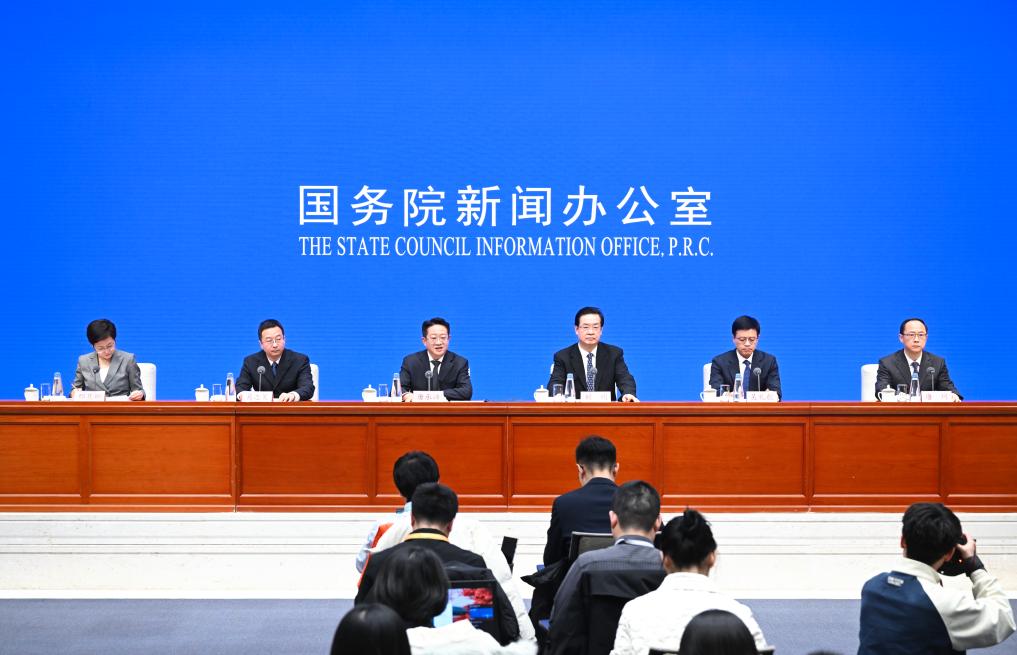China accelerates elderly care reforms as population ages

A press conference on deepening reform and development of elderly care services is held by the State Council Information Office in Beijing, capital of China, Jan. 9, 2025. (Xinhua/Chen Yehua)
BEIJING, Jan. 9 (Xinhua) -- China is ramping up efforts to improve its elderly care system to address the challenges of a rapidly aging population, with over 21 percent of Chinese citizens now aged 60 or older.
The country has released a set of high-profile guidelines aimed at deepening the country's elderly care services reforms, Vice Minister of Civil Affairs Tang Chengpei said at a press conference in Beijing on Thursday.
Tang emphasized the urgency of implementing comprehensive measures before 2035 to ensure the country is prepared for the challenges posed by its aging population.
The guiding policy document proposes strengthened basic elderly care services with a focus on providing care for seniors with disabilities, as well as improved policies and measures to ensure accessible, tangible elderly care services.
The document also advocates the active development of the silver economy and a further boost to the development of the elderly care sector.
Following these guidelines, the country plans to establish a three-tier elderly care network at the county, township and village levels, and to coordinate home-based and community-based care with the professional, supporting role of institutional care.
The latest data reveals that China's average life expectancy has reached 78.6 years. Projections suggest that by about 2035, the number of people aged 60 or above in China will exceed 400 million, accounting for more than 30 percent of the total population.
To tackle this demographic shift, the government has significantly boosted funding for elderly care, investing more than 560 billion yuan (77.9 billion U.S. dollars) in pension services and welfare between 2019 and 2024, with an annual growth rate of 11 percent, Ge Zhihao, a senior official of the Ministry of Finance, said at the same press conference.
In addition to financial support, the government has introduced tax incentives for senior care institutions, offering exemptions and reductions on corporate income tax, value-added tax and other levies, Ge said.
In the future, the government will continue expanding investment in elderly care and streamline the management of relevant funds, he said.
According to the guidelines, measures will include those that improve access to institutional care, modify homes for accessibility, and expand in-home services.
Technological innovation is a cornerstone of these reforms. The government will support the development of technologies such as humanoid robots, brain-computer interfaces and artificial intelligence to enhance elderly care services.
Photos
Related Stories
Copyright © 2025 People's Daily Online. All Rights Reserved.









